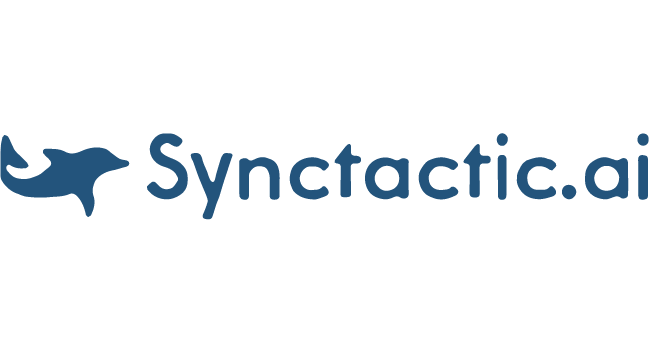
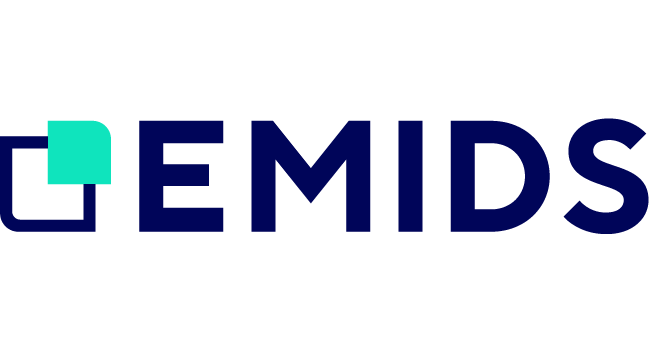
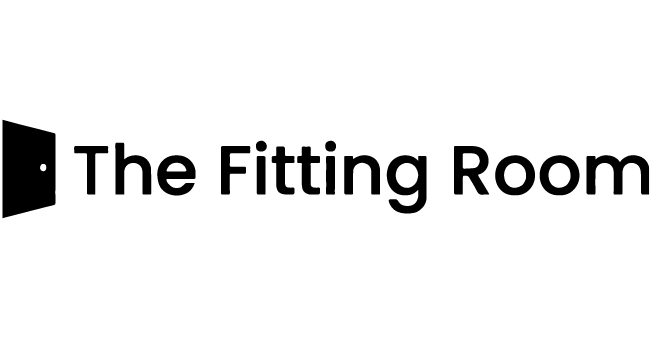

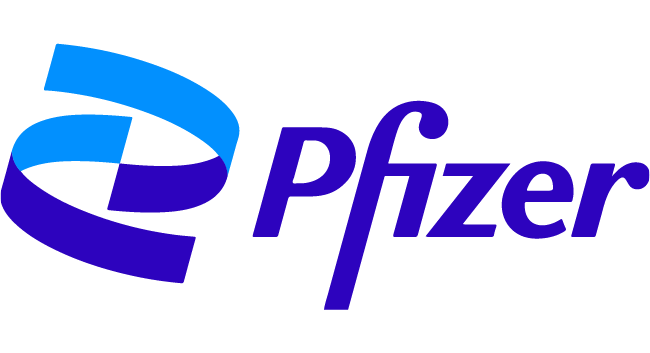
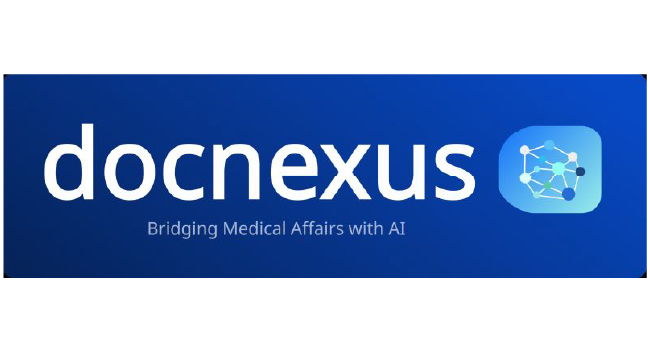
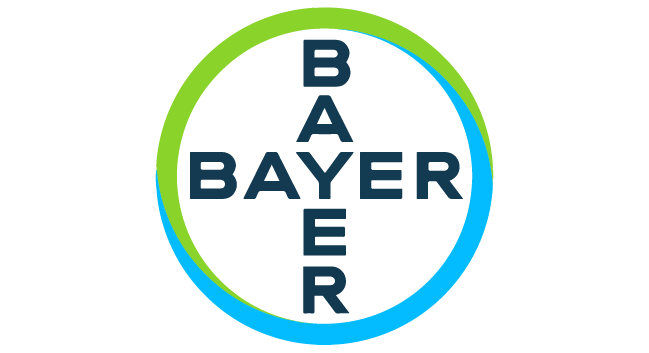
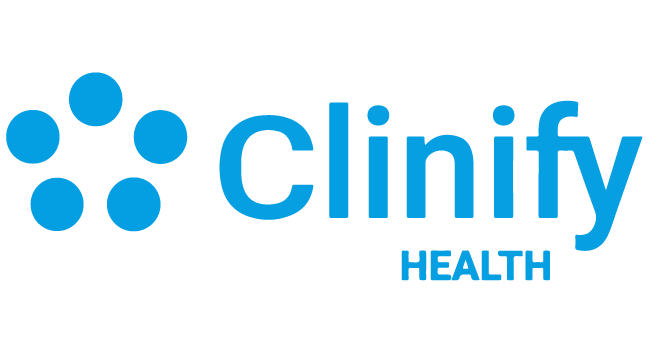
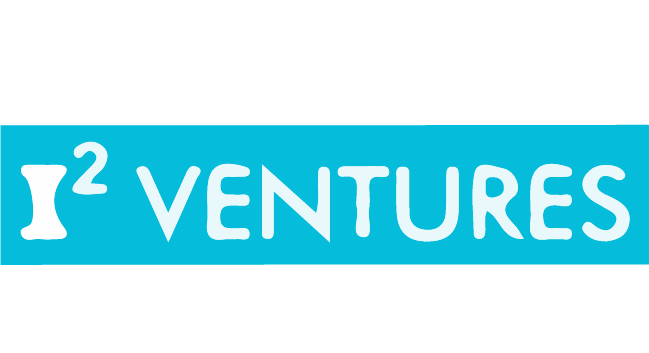

Customer success stories of turning inefficiencies into insights.
We trained AI models so that our client could categorize patients by Social Determinants of Health (SDoH) via Gravity Project-aligned questionnaires, integrated with EHR for actionable insights.

We designed and implemented an end-to-end Drug Diversion Surveillance & Reporting Platform—from data ingestion to real-time alerts—leveraging healthcare domain expertise, advanced AI models, and secure, modular architecture.

We designed and deployed a national-grade SNOMED CT Terminology Server infrastructure, integrating Snowstorm with HAPI FHIR and enabling Jamaican healthcare providers to share accurate, consistent, and standards-based clinical data across the continuum of care.
reduction in coding errors

We designed and deployed an advanced platform that integrates real-time weather data, patient vitals from IoT devices, and predictive models to mitigate heatwave risks, particularly for the elderly and chronically ill.

We partnered with a Chicago-based Health-tech client to streamline care management, enhance reporting, and strengthen compliance with chronic disease protocols through a combination of AI, automation, and modular health IT accelerators like SyncMesh.
increase in care gap closure
increase in preventive screenings

We designed and developed the Healthcare Provider Network (HCPN) — a cloud-native, HIPAA-compliant, multi-tenant collaboration platform tailored for healthcare roles.

Seasoned engineers, analysts, and product experts with hands-on US healthcare delivery experience.
Our team helps you design and implement tech solutions to transform healthcare delivery.
Our team helps develop and track KPIs to improve care quality and outcomes.
Explore expert videos, podcasts, blogs, and whitepapers designed to help healthcare leaders stay ahead of industry trends and innovations.









